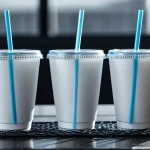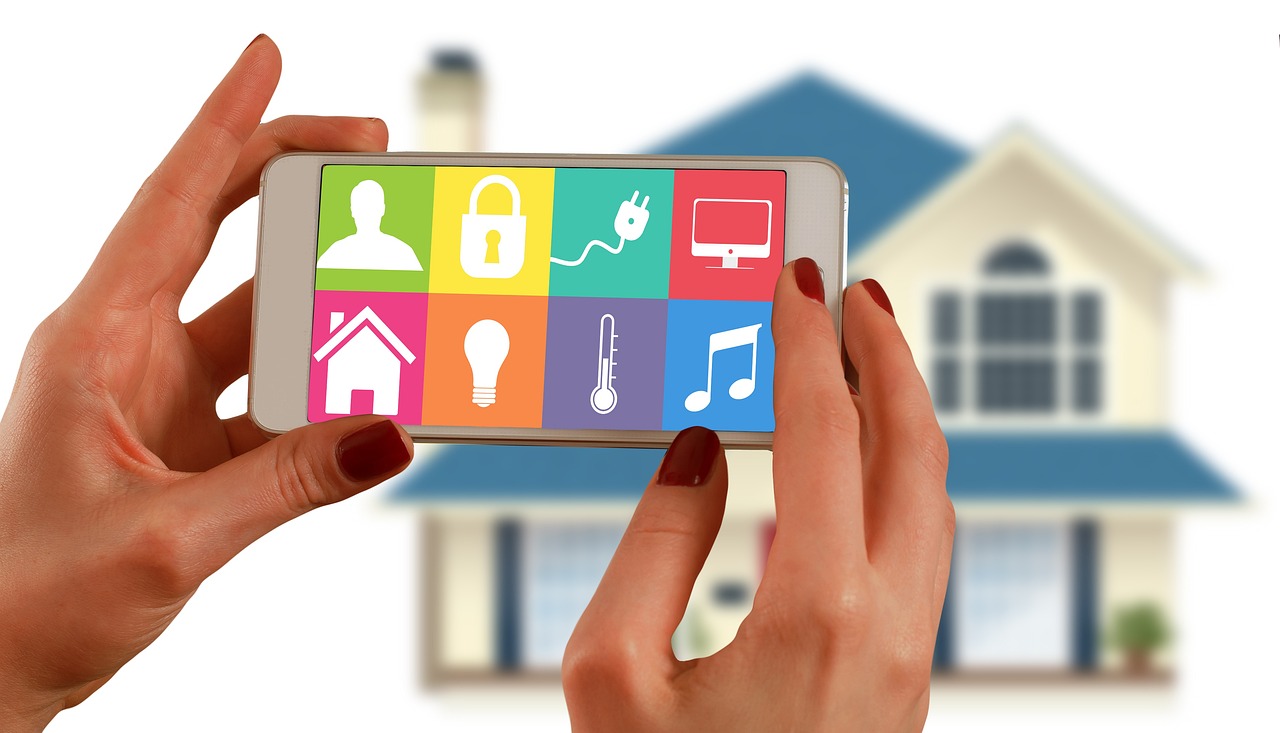Smart technology is currently sweeping the globe and revolutionising every aspect of our daily lives – from how we work, to how we play, and even to how we run our homes. One of the most critical areas smart technology can significantly impact is water efficiency. In the UK, urban water use accounts for a significant portion of the overall water consumption, and domestic use is a substantial part of this. Therefore, using smart technology to improve water efficiency in homes can significantly help manage this critical resource better.
This article will delve into various smart technologies and how they can be employed to manage water consumption in the home. We will discuss smart water metering systems, smart water sensors, smart water control systems, and the role of data in managing water efficiently.
A lire en complément : What are the guidelines for conserving water in a UK garden during a hosepipe ban?
Smart Water Metering Systems
Smart water metering systems are a critical first step in improving water efficiency in your home. These systems use technology to measure your water usage accurately and provide real-time data about your consumption patterns. They can provide information about flow rates, temperature changes, and usage over time.
Unlike traditional water meters, smart meters provide more precise and timely information about water usage. This can help you identify patterns in your consumption, identify any leaks or inefficiencies, and make changes to your usage habits.
A lire aussi : What is the process for installing a geothermal heating system in a UK rural property?
Smart meters are easy to install and can connect to your smartphone or computer, providing you with real-time data about your water consumption. Some advanced models can also provide predictive analytics using your historical data to forecast future consumption patterns and provide suggestions on how you can conserve water.
Smart Water Sensors
Another aspect of smart technology that can significantly improve water efficiency is the use of smart water sensors. These sensors are typically installed in critical water distribution points in the home, such as faucets, showerheads, and toilets. The sensors monitor the quality and quantity of water flowing through these points and can alert homeowners of any anomalies.
For instance, a sensor could alert you if there is a sudden increase in water flow, potentially indicating a leak. Sensors can also monitor water temperature, which can be useful in preventing frozen pipes during the winter. Some sensors can also test the water quality, alerting you to any potential contamination.
Most smart water sensors are also connected to mobile apps, allowing you to monitor your home’s water system remotely. This feature is particularly useful for individuals who travel frequently or have multiple properties.
Smart Water Control Systems
Beyond metering and sensing, smart control systems can take your water management to the next level. A smart water control system allows you to control the distribution and use of water in your home remotely or through automated settings, leading to significant water savings.
For instance, a smart irrigation system can be programmed to water your garden at specific times, thus avoiding water waste due to evaporation during the hottest parts of the day. Similarly, smart faucets and showerheads can be programmed to limit the flow of water during certain times, or even to turn off after a certain amount of water has been used.
Smart control systems can also help prevent water damage in the home. For example, some systems can automatically shut off the water supply if they detect a leak, preventing further water waste and potential damage to your home.
The Role of Data in Managing Water
In all these smart systems, data plays a critical role. The data collected by smart meters, sensors and control systems can provide valuable insights into your water usage habits, identify areas of inefficiency, and guide you to make more water-smart decisions.
Moreover, this data can also be used by water companies and policy-makers to better understand water consumption patterns at the community or city level, helping in the design of more effective water management strategies.
The benefits of such data are two-fold. First, it can provide immediate, actionable insights for homeowners looking to improve their water efficiency. Second, it can contribute to broader efforts to manage water resources more effectively at a time when water scarcity is an increasing concern.
So, by embracing smart technology in your home, you are not only helping to improve your water efficiency but also contributing to wider efforts to manage this vital resource more sustainably.
In the end, the ultimate aim of these smart technologies is to provide you with the tools and data you need to make better water management decisions. Whether through smart metering systems, sensors, or control systems, technology can play a crucial role in helping you reduce your water consumption, save money, and do your part in conserving this vital resource. So why not take the plunge and explore what smart water technology can do for you?
The Role of Renewable Energy in Water Management
Renewable energy sources like solar and wind energy have been widely used in water management. This is particularly true for smart water technologies which require a reliable and constant source of power to function efficiently. Let’s see how renewable energy can play a crucial role in running smart water technologies.
Firstly, renewable energy can power the smart meters, sensors, and control systems efficiently. Traditional power sources may experience interruptions and fluctuations, impacting the performance of these devices. On the other hand, renewable energy sources like solar panels can provide a steady supply of power, ensuring that smart water technologies function optimally.
Secondly, using renewable energy to power these devices can help reduce the overall energy consumption of your home. For instance, a study on Google Scholar revealed that homes using solar energy to power their smart water technologies reduced their overall energy consumption by 30%. Hence, combining smart water management with renewable energy not only improves water efficiency but also leads to energy efficiency.
Lastly, using renewable energy sources to power these devices contributes to a reduction in carbon footprint. This is crucial in the context of global warming and climate change. By reducing your reliance on fossil fuels for power, you can contribute to a healthier and more sustainable planet.
In conclusion, the integration of renewable energy into smart water technology can significantly boost the efficiency and reliability of these devices. This not only helps to better manage water distribution and consumption but also promotes energy efficiency and environmental sustainability.
Conclusion: Embracing Smart Water Technologies
Embracing smart water technologies can revolutionize the way we manage water in our homes. By providing real-time data on water consumption, identifying inefficiencies, and facilitating automatic control of water distribution, these technologies can significantly reduce water wastage and improve efficiency.
Furthermore, these technologies offer more than just water saving benefits. By providing valuable data, they can help in forming more effective water management strategies at a community level. They also contribute to energy efficiency when paired with renewable energy sources, and by reducing water and energy consumption, they can help save on utility bills.
However, to fully reap the benefits of these technologies, it is essential for homeowners to understand and make use of the real-time data provided by these devices. This data is the key to identifying consumption patterns, spotting inefficiencies, and taking corrective actions.
In a world where water scarcity is becoming an increasingly severe issue, these smart technologies offer a promising solution. They are not just about helping individuals save water but about contributing to a more sustainable and water-efficient future. By embracing these technologies, we can make a significant contribution towards better water management and help save this essential resource for future generations.
So, are you ready to take the leap and transform your home into a smart, water-efficient haven?











